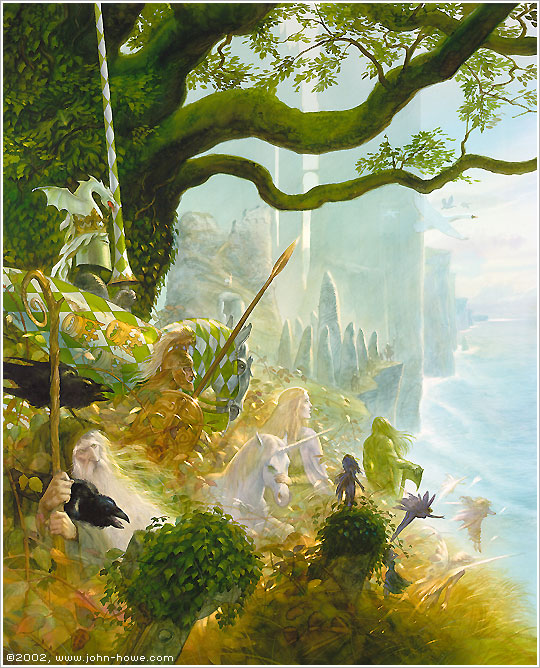Many people regard myths as a thing of the past -- stories that are in relative conjunction with other legends and stock fantasy. However, myths are relevant to the modern day. For example, many people see graveyards as bad places to be, and perhaps even go so far as to associate them with bad luck, though there is only superstition to dictate such a feeling. As a culture, we associate graveyards with the dead (and rightly so), yet many old traditions from multiple different cultures suggest that the spirits of the dead are present in such a place, and that may be the reason why we, a culture otherwise ostensibly devoid of mythos, believe that graveyards are inherently bad places to be.
Superstition plays an unquestionable role in all of this, as well. If we did not believe that negative things would come as a result of our not observing a certain tradition or unspoken rule, we would most likely let a superstition, or myth, fade into obscurity.


